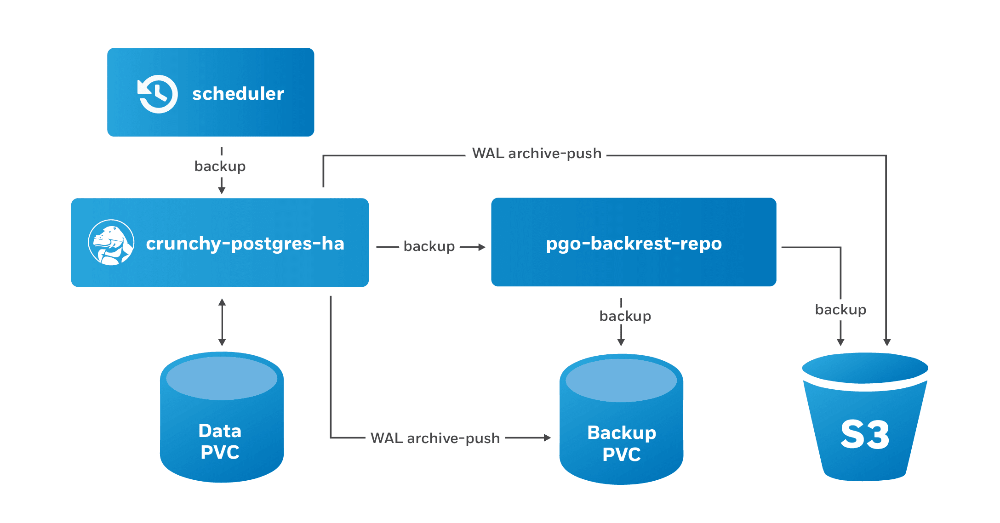Is Bacula an Open Source? If a company has an in-house tech team, they likely try out an open-source backup solution like Bacula backup software. We live in a world where data is critical for business, and losing it would breed your business immense losses. Open-source backup tools allow smaller businesses to source for recovery and backup tools at a lower cost and avoid data loss. These tools have their advantages and disadvantages.
Advantages of Bacula Backup Software
1. Bacula Backup Hardware Compatibility
Most open-source backup tools run on Linux, which reputedly supports a wide range of hardware, both an advantage and a disadvantage. When you buy a backup tool, you pay for both the accouterments and the software testing for chime and device support.
Bacula backup software builts to provide a wide compatibility range with various IT environments. It means that Bacula assists IT administrators meet dreams without bugbears. Bacula is customizable and adaptable, which means IT departments can back up all their data and systems via one platform.

2. Bacula Backup Cost
How much does Bacula cost? Most people do comparisons between the cost of the product investment. In this instance, they might do a comparison between how much it costs for a server on open-source backup software to a commercially bought backup tool. The cost of buying the appliance is much higher.
You might pay less upfront, but pay a lot more in maintaining the appliance. Assess what type of skills you need to keep your backup appliance running properly. Bacula is relatively cost-effective and will save you some money in the long run. Bacula's integrated and modular design makes it scalable.
3. Bacula Backup User Experience is better
Open-source backup products are known to be user-unfriendly. This is because most are developed by highly technical people who focus more on the product features than usability and design. You must consider the user who will be using the backup tools.
Commercial tools go through a usability test, and most backup tools are easy to configure and customize. Bacula backup is very easy to use and straightforward. Bacula has multiple GUI interfaces and a shell administrative interface, allowing the admin only to make use of tools such as SSH to use Bacula remotely.
4. Bacula Backup is Faster
It is four times as fast as other backups because these applications save their catalog information in numerous individual files, instead of storing them in an SQL database like Bacula. This means you can back up all your data in a very short time, as Bacula only has to retrieve the database, not a single file at a time.
5. Security
Is Bacula secure? Bacula's backup system is secure and for every verification and backed up file, Bacula uses checksum computation to restore. The Bacula backup can encrypt your connections between daemons with TLS. Each machine has a client, so it is possible to back up and recover any client data type, which ensures all the file attributes are restored.
6. Bacula Backup Scheduler
Bacula open-source tape backup software places all files to tape on a schedule. Full vid backup happens every month, a discriminating backup per week, and an incremental backup daily. Bacula has an automatic culling of the database, which gets rid of old records, and simplifies administration of the database.
Currently, Bacula performs automated Docker container backup and recovery. The module's integration is through the Docker API, which means users can quickly backup several containers without installing agents in each container.
Where and When Should Bacula Backup be Used?
For such programs as Dump, Bru, or Tar that are useful for computer data backup, you need a network solution that offers catalog services and more flexibility. In this case, the Bacula backup will handle whichever features you want to add. If you need a backup program to write several volumes or are not limited by drive capacity, then the Bacula will serve your needs. Most users cite Bacula as being easier to use than other backup systems.
Conclusion
Deciding which backup system works for you needs you to consider a few factors. A full backup is a mirror copy of all your data, while a differential backup only saves the files that have been altered since your last full backup. An incremental backup does a reduplication of the strings that have been altered since your last backup, whichever backup it was.
The Bacula backup system is flexible, and its myriad benefits make it a perfect companion for any business serious about keeping its data safe. Losing data is a company's worst nightmare, and Bacula has proven time and again to be a superior backup strategy.